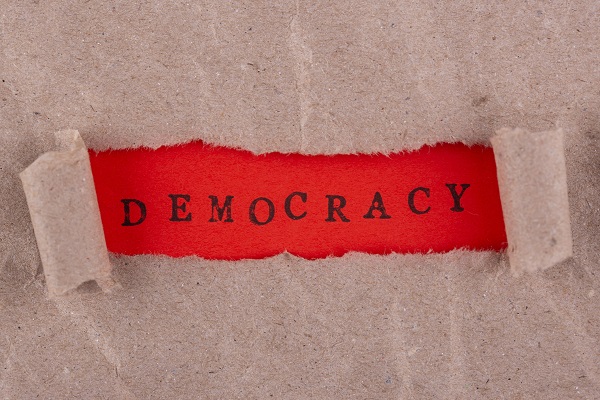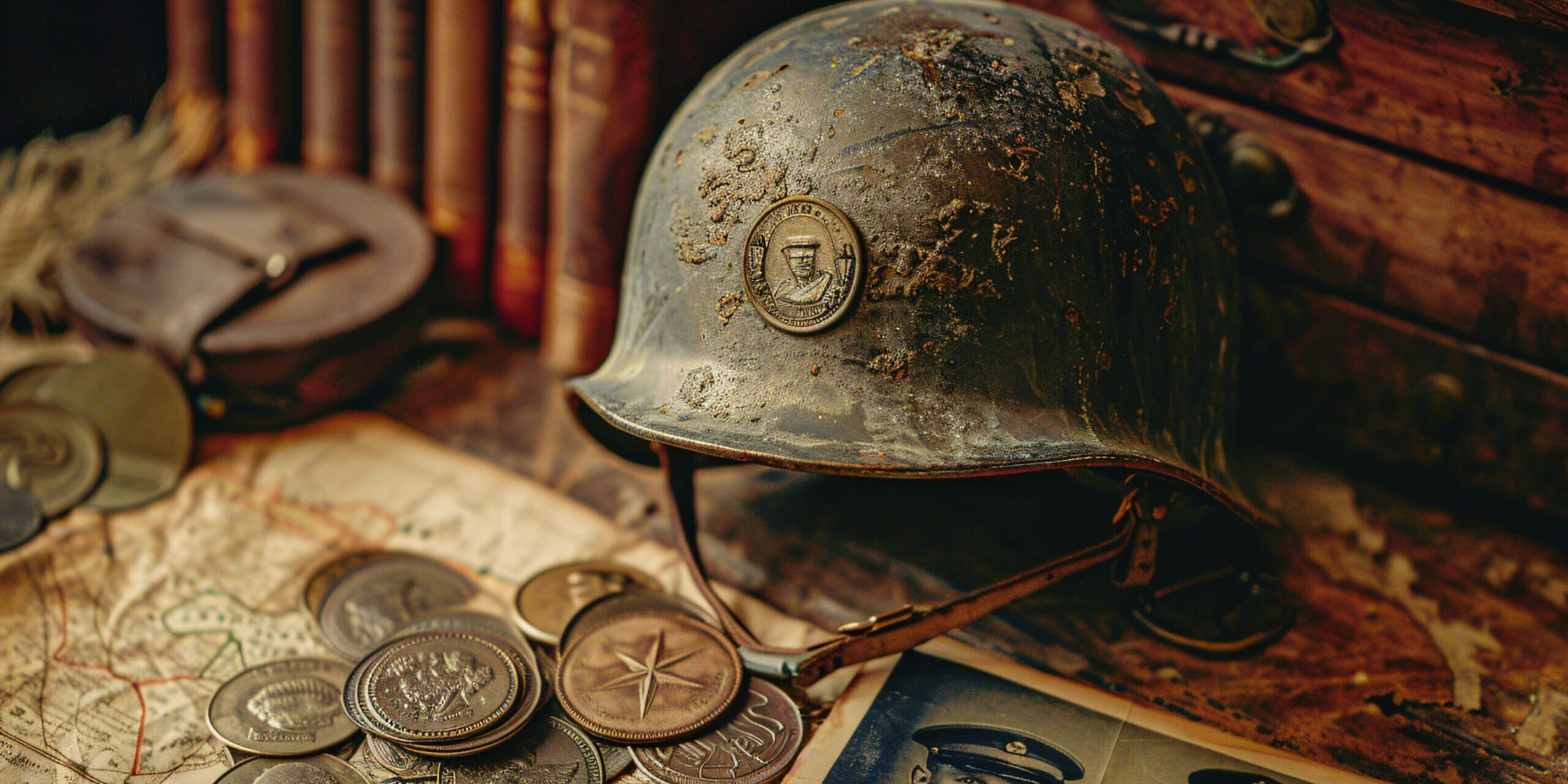Buscador global
Mostrando del 321 al 330 de 1001 resultados para: Classroom: gestor de nuestras actividades de aula filtrando por: Situación de aprendizaje

¿Todas las lenguas son iguales?
Esta secuencia forma parte del proyecto “Las lenguas que nos rodean”. A lo largo de esta secuencia, el alumnado valorará las diversas lenguas de manera positiva. También distinguirá algunos prejuicios lingüísticos para argumentar en contra de los prejuicios sobre las lenguas.

Una noticia es...
Esta secuencia forma parte del proyecto “Somos periodistas”. A lo largo de esta secuencia, el alumnado reconocerá y describirá las características de la noticia, analizará sus elementos, distinguirá diferentes estructuras sintácticas en los titulares, diferenciará aspectos objetivos y subjetivos en las noticias y reconocerá los procedimientos de modalización.

A la caza del error
Esta secuencia forma parte del proyecto “SOS… ¡Salvemos la lengua!”. A lo largo de esta secuencia, el alumnado detectará errores en los textos escritos, conocerá las propiedades de los textos, analizará los tipos de errores. Finalmente, propondrá soluciones a los errores y mejorará los textos escritos.

El teatro por dentro
Esta secuencia forma parte del proyecto “Lo tuyo es puro teatro”. A lo largo de esta secuencia, el alumnado conocerá algunos de los elementos de la obra teatral como el autor, el texto, la escenografía, los diálogos… y reconocerá las diferencias entre diálogos y acotaciones. Además, convertirá un relato en un texto teatral.

¡A hacer teatro!
Esta secuencia forma parte del proyecto “Lo tuyo es puro teatro”. A lo largo de esta secuencia, el alumnado readaptará un texto teatral, creará una escenografía adecuada y gestionará la representación de una obra teatral.

Las lenguas del Estado
Esta secuencia forma parte del proyecto “Las lenguas que nos rodean”. A lo largo de esta secuencia, el alumnado valorará de modo positivo la diversidad lingüística del Estado, para realizar una exposición oral sobre las lenguas.

Una escuela con memoria. ¿Cómo dignificar a las víctimas de conflictos y situaciones traumáticas?
La materia de Geografía e Historia facilita la comprensión de la sociedad actual, analizando cómo se fue configurando y los cambios y continuidades que ha experimentado. En esta situación de aprendizaje se propone una indagación sobre cómo se ha dignificado y reparado a las víctimas de conflictos y situaciones traumáticas del pasado en distintas áreas geográficas. A partir del análisis de esas experiencias, y del estudio de los hechos ocurridos en la Guerra Civil y la dictadura franquista, se propone que el alumnado resuelva el problema de la dignificación y reparación de las víctimas de tales hechos.

De la ley a la memoria: ciudadanía, constitución y justicia para no olvidar
En esta situación de aprendizaje se invita al alumnado a mirar al pasado para entender mejor el presente. La memoria democrática no se aborda como una simple lección de historia, sino como una herramienta para aprender a convivir y a defender lo que es justo. Trabajarán con textos legales, relatos y lugares de memoria para descubrir qué significan en la vida real conceptos como libertad o dignidad. La finalidad es que cada estudiante se pregunte qué papel quiere desempeñar en su comunidad y por qué es importante que ciertos hechos no se olviden.

Vivir o no vivir el teatro
Esta secuencia forma parte del proyecto “Lo tuyo es puro teatro”. A lo largo de esta secuencia, el alumnado verá diferentes representaciones teatrales y opinar sobre ellas. También realizará unaar una reseña de una obra teatral.

El libro, ese desconocido
Esta secuencia forma parte del proyecto “Contágiate de lecturas” . A lo largo de esta secuencia, el alumnado investigará sobre las características del libro como objeto, su origen y evolución, para crear una infografía con toda la información obtenida.



























